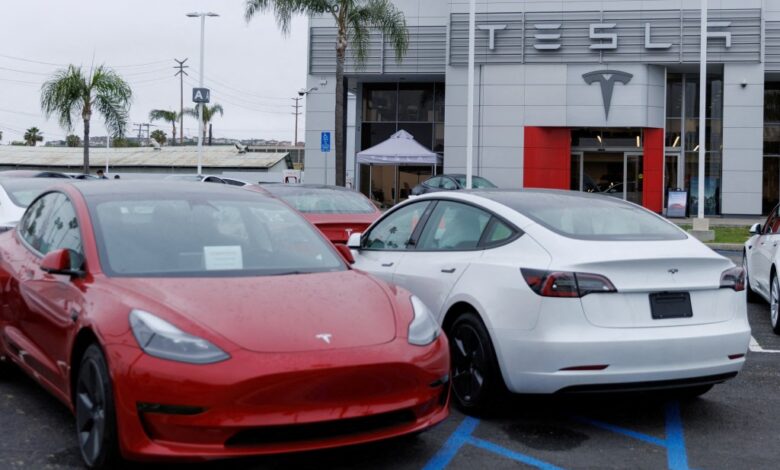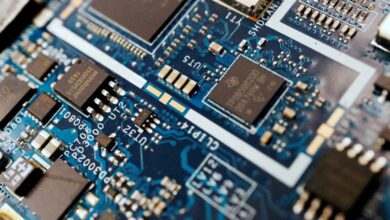Tesla accused of speeding up odometers to avoid warranty repairs: lawsuit

Tesla faces a proposed class action claiming it speeds up odometers on its electric vehicles so they fall out of warranty faster, saving Elon Musk’s company from having to pay for repairs.
The plaintiff Nyree Hinton alleged that Tesla odometer readings reflect energy consumption, driver behavior and “predictive algorithms” rather than actual mileage driven.
He said the odometer on the 2020 Model Y he bought in December 2022 with 36,772 miles on the clock ran at least 15% fast, based on his other vehicles and driving history, and for a while said he drove 72 miles a day when at most he drove 20.
Hinton, a Los Angeles resident, said this caused his 50,000-mile basic warranty to expire well ahead of schedule, leaving him with a $10,000 suspension repair bill that he thought Tesla should cover.
“By tying warranty limits and lease mileage caps to inflated ‘odometer’ readings, Tesla increases repair revenue, reduces warranty obligations, and compels consumers to purchase extended warranties prematurely,” the complaint said.
Tesla and its lawyer did not immediately respond on Thursday to requests for comment, but have denied all material allegations in the lawsuit. The Austin, Texas-based company does not have a media relations office.
Hinton is seeking compensatory and punitive damages for Tesla drivers in California, potentially encompassing more than 1 million vehicles, court papers show.

Tesla moved his lawsuit this month to Los Angeles federal court from a state court in that city.
The automaker has also faced litigation accusing it of inflating vehicle driving ranges.
In March 2024, a federal judge in Oakland, Calif., said drivers in that case must pursue their claims in individual arbitrations, not a class action.
The case is Hinton v Tesla Inc et al, U.S. District Court, Central District of California, No. 25-02877.




